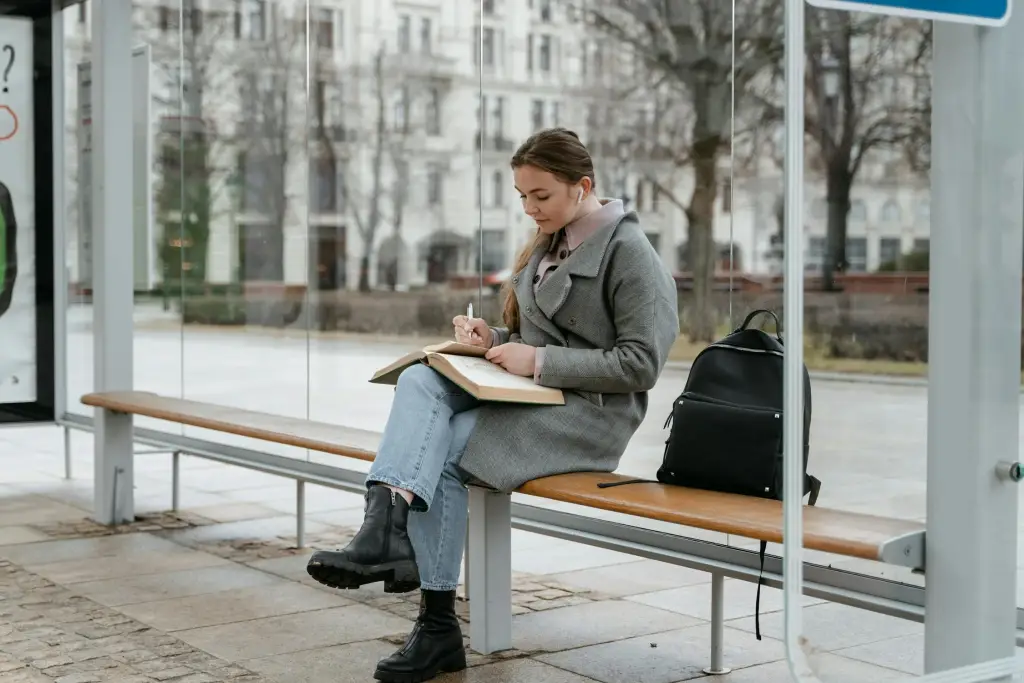
We all know Portugal is an amazing country by many standards, and studying is no exception. Thousands of students come to Portugal every year to pursue their higher education due to a lot of reasons. If you’re someone who has an EU citizenship, things happen to be very simple for you. However, if that’s not the case, then you need a visa to make sure you can study in Portugal.
In order for you to get the visa, you need to keep in mind two things: What type of visa do you want and the Portuguese embassy or consulate that’s closest to you! Don’t worry, as, for the latter, you can easily locate one here. As for the former, keep reading.
The type of VISA
The type of visa you need to apply for depends on the duration of your studies. For studies last less than 3 months, students need to apply for a ‘Schengen short-stay visa (type C)’. On the other hand, in other (and most) cases, the duration of one’s studies can last longer than 3 months. In that case, you’d need to apply to ‘Long stay visa (type D).
Regardless of whether you need the type C or D visa, you need to make sure you have the following when you’re applying for one:
1. Valid passport/travel ID
Not only is the travel document supposed to be valid at the time of application, but it’s also highly advisable that it is until the end of your intended duration.
2. Proof of sufficient financial resources
It is important that you have sufficient funds in your (or your guardian’s) bank account to help you easily manage your expenses for as long as you’re staying in Portugal. This increases your credibility and gives your application an edge.
3. Proof of accommodation
From personal experience, I can say that this is not something that is a prerequisite to getting a Portuguese student visa, however, does contribute greatly to the overall impression that your application creates. Even if you don’t have accommodation by the time of application, you can mention that you’re still searching for it on well-known platforms like Uniplaces and have the sufficient funds to make sure you find one soon.
Note: At Uniplaces we can even provide official proof of accommodation once you’ve booked a room with us. Nothing makes us happier than making your lives easier!
Related post: Tips on how to find accommodation in Portugal
4. Two current passport-sized photos
You have to provide 2 passport-sized photos of yourself that have been taken very recently at the time of application.
5. Medical/Travel insurance
Being a non-EU citizen, this is very important while entering the Schengen area. Make sure you are insured by an insurance company that is either present in the country that you’re applying for or one that covers anyone for the whole Schengen area.
6. Letter of acceptance
Since you’re applying for a study visa, it is important to have a letter of acceptance from the university that you’re intending to study at. This lets the embassy know that you’re actually visiting the country for study purposes. In case you haven’t heard back from your university, get in touch with them to issue you a document that says that you have sent them an application, and they are still in the reviewing phase.
7. Criminal record certificate
Although not commonly asked for everyone, it can still be a rare requirement from some embassies. So, best to have it with you to indicate that you’ve done your homework and put in additional effort to show how serious you are about this.
Even though I believe every major requirement has been listed already, a personal tip is to make sure you contact the embassy/consulate (the list has been provided at the beginning of the article) and check with them which things you need to take care of for the successful application of visa. This is because even though the mandatory ones may be consistent across all the embassies/consulates, there may be some specific ones that are locally demanded based on where you’re applying for.
We wish you all the best for your visa application!